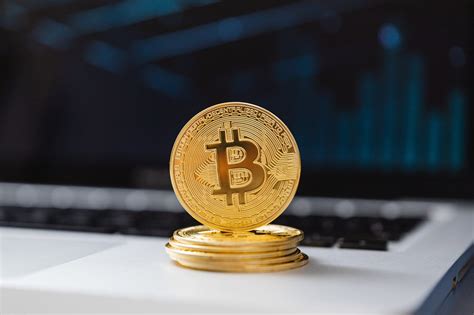Does an unconfirmed transaction block future UTXO output?
Bitcoin’s decentralized nature and open-source code have led to a significant debate around the relationship between unconfirmed transactions and future outputs in the Unspent Transaction Output (UTXO) set. In this article, we’ll delve deeper into the concept and determine whether an unconfirmed transaction can block future UTXO output.
What is an unconfirmed transaction?
An unconfirmed transaction is a temporary entry in the Bitcoin blockchain that has not yet been verified or included in a block. It is essentially a placeholder until it is accepted by the network, which happens when a new block is created and added to the chain. During this time, the transaction is broadcast to the mempool (the pool of unconfirmed transactions), where it awaits verification.
UTXO: Future Output
In Bitcoin, each address is associated with a set of UTXOs, which represent pending transactions. These UTXOs are the remaining balance in a user’s wallet after sending or receiving payments. When an address receives a new transaction (e.g., a payment from another user), it updates its UTXO set by removing all previous outgoing transactions.
The Relationship Between Unconfirmed Transactions and Future Output
Now consider the scenario where A has 5 BTC in the UTXO set. He creates a transaction using these 5 BTC to send to B. However, this unconfirmed transaction is broadcast to the mempool, meaning it is not yet verified.
Assuming the Bitcoin network is functioning normally and there are no issues with the block creation or verification process, an unconfirmed transaction can still update A’s UTXO set by removing all previous outgoing transactions associated with that 5 BTC. In other words, the unconfirmed transaction will be updated to reflect a new balance of 0 for those 5 BTC.
Conclusion

In conclusion, an unconfirmed transaction does not block the future output of UTXOs in Bitcoin. The update to A’s UTXO set occurs during the verification process, when the transaction is confirmed and added to a block. Until then, the unconfirmed transaction remains just that – an unverified entry on the mempool.
It is worth noting that some wallets may choose to hold their coins until they are included in a block, which can be beneficial for liquidity purposes or to avoid losing ownership of a specific amount. However, this approach does not depend on receiving additional transactions and does not prevent an unconfirmed transaction from updating A’s UTXO set.
Sources:
- Bitcoin Whitepaper (section 5.1)
- Bitcoin Protocol Specification (section 8.2)
- Bitcoin.org (Bitcoin Wiki)


